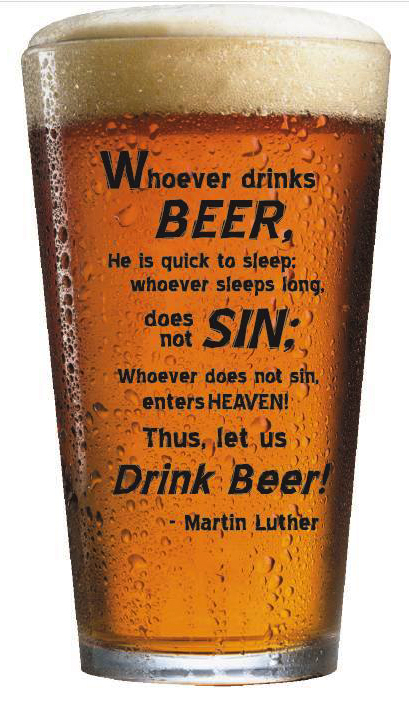Signs of the Times • 28 November 2017 • No. 145
¶ Processional. “Adiemus,” composed by Karl Jenkins and performed by the Angel City Chorale. (There are no lyrics as such, instead the vocalists sing syllables and "words" invented by Jenkins.)
 Above: Owl At Night (Kletr/Shutterstock)
Above: Owl At Night (Kletr/Shutterstock)
¶ Invocation. “Calling all angels, calling all angels / Walk me through this one, don't leave me alone / Calling all angels, calling all angels / We're tryin', we're hopin' but we're not sure how.” —Jane Siberry & KD Lang, “Calling All Angels” (Thanks Abigail.)
¶ Call to worship. To move into a seemingly bleak and ominous future requires laying hold of stories from our past: Stories that remind us that buoyancy emerges from unseen places, at unknowing moments, in unpredictable ways, beyond all calculation and prognostication.
People of faith instinctively know that reality will not be bridled by apparent history and its imperial champions. As Mary Hood wrote, “There’s no difference between a bare tree and a dead tree in winter.”
Advent is the invitation to attentiveness even when the sap isn’t running, in the face of a howling cold wind and the frightful dark night. —kls
¶ Hymn of praise. “Behold, I Make All Things New,” Alana Levandoski.
¶ Advent reminder. Researchers are discovering that silence helps develop new cells in the hippocampus region of the brain, which is associated with memory, emotion, and learning. —Rebecca Beris “Science Says Silence Is Much  More Important To Our Brains Than We Think,” Lifehack (Thanks Gus.)
More Important To Our Brains Than We Think,” Lifehack (Thanks Gus.)
¶ Good news: a collection of small reminders
•Men behaving less badly. During a July concert in Minneapolis, country music superstar Garth Brooks noticed a woman near the front holding a sign. (See photo at right.) He stepped off the stage and continued his concert singing directly to Theresa Shaw who was battling stage 3 breast cancer. This brief (4:10) video may give you goosebumps.
• “Soda consumption in the US fell to a 31-year low in 2016, according to Beverage Digest.” —Leo Sun, The Motley Fool
• “Solar energy created more than double the jobs as coal did in 2016—374,000 compared to 160,000, according to a new report by the Department of Energy. . . . Another report by the Environmental Defense Fund found that renewables sector are hiring workers 12 times faster than the rest of the economy.” At the end of 2016 the US had installed 40 gigawatts (GW) of photovoltaic capacity. China’s solar capacity, however, now stands at 77.42 GW. —Joe McCarthy, Global Citizen and “China's solar power capacity more than doubles in 2016,” Reuters
•“Kentucky Coal Mining Museum converts to solar power.” —Sarah Anderson
• Inspiring stories of places in the world committed to restricting or eliminating single-use plastics. (1:45 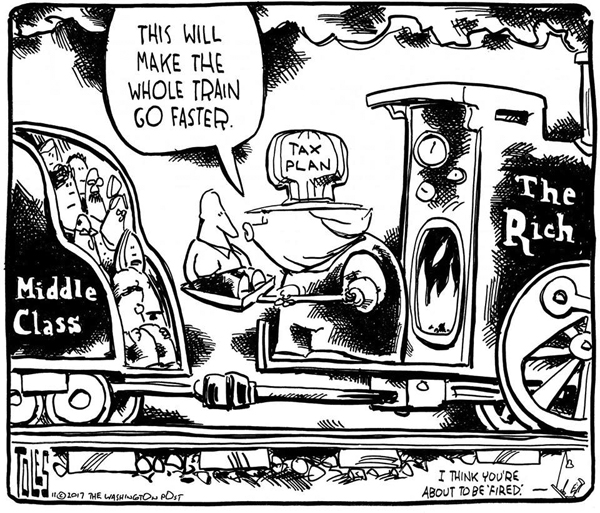 video. Thanks David.)
video. Thanks David.)
¶ Confession. “A great deal of intelligence can be invested in ignorance when the need for illusion is great.” —Saul Bellow
¶ When free-marketeers get anxious about income inequality. Alan Greenspan, long-time Chairman of the Federal Reserve and among the leading cheerleaders for US-style corporate capitalism, recent expressed these fears over our economic system:
“You cannot have the benefits of capitalist market growth without the support of a significant proportion, and indeed, virtually all of the people; and if you have an increasing sense that the rewards of capitalism are being distributed unjustly the system will not stand.” —John Komlos, “Income inequality begins at birth and these are the stats that prove it”
¶ Hymn of supplication. “To the river I am going / bring sins I cannot bear / come and cleanse me, come forgive me / Lord I need to meet you there.” —Grace Symphony, “The River”
¶ More on the Republican tax plan. “Even Congress’s own Joint Committee on Taxation—the House and Senate’s official scorekeeper on tax issues—finds that the Senate’s version of the bill would increase taxes on all income groups making under $75,000 per year. By 2027, it would give its biggest tax breaks to those making $1 million or more. The House bill would be even more generous to millionaires and billionaires. . . .
Despite Treasury Secretary Steve Mnuchin’s assurances that the tax reform bill will “pay for itself,” “even  the Tax Foundation—a major proponent of the corporate tax cuts—estimates the House bill will cause a $1.08 trillion revenue loss over ten years and the Senate bill, a $516 billion loss.” —Robert Reich, Newsweek
the Tax Foundation—a major proponent of the corporate tax cuts—estimates the House bill will cause a $1.08 trillion revenue loss over ten years and the Senate bill, a $516 billion loss.” —Robert Reich, Newsweek
¶ A new analysis of the Senate tax plan by the Tax Policy Center show just how brutally regressive it will be. The modest tax cuts for lower and middle income quintiles of the population virtually disappear over the next decade, while that for the top earners balloons. For the top 1%, taxes are reduced by an average of $85,000 next year but rise to an annual savings of $208,000 by 2027. Corporate tax rates remain steady over that period. —for more see Greg Gargent, “The Tump tax plan is much worse than you thought,” Washington Post
¶ In its revised forecast, the Congressional Budget Office says the Senate tax reform plan would affect lower and middle income families more than previously indicated
• “By 2019, Americans earning less than $30,000 a year would be worse off.
• “By 2021, Americans earning $40,000 or less would be net losers.
• By 2027, most people earning less than $75,000 a year would be worse off.
• “On the flip side, millionaires and those earning $100,000 to $500,000 would be big beneficiaries.”—Heather Long, Washington Post
¶ “The Biggest Tax Scam in History.” “Of the 42 ideologically diverse economists surveyed by the University of Chicago on the impact of Republican tax plans, only one agreed that they would lead to substantial economic growth, while none disagreed with the proposition that they would substantially increase U.S. debt.” —Paul Krugman, New York Times
¶ “An awkward — but extremely telling — moment arose at a Wall Street Journal ‘CEO Council’ event that 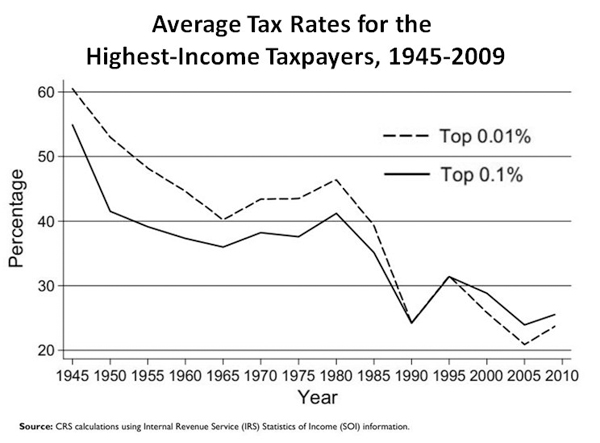 featured the Trump administration’s top economic policy hand, Gary Cohn, as a key speaker.
featured the Trump administration’s top economic policy hand, Gary Cohn, as a key speaker.
“John Bussey, an associate editor with the Journal, asks the CEOs in the room, ‘If the tax reform bill goes through, do you plan to increase investment — your companies’ investment — capital investment,’ and requests a show of hands. Only a few hands go up, leaving Cohn to ask sheepishly, ‘Why aren’t the other hands up?’” —Matthew Yglesias, Vox
¶ Forbes Magazine (whose motto is “The Capitalist Tool”) just published an article titled “GOP Tax Bill Is The End Of All Economic Sanity In Washington,” by contributing editor Stan Collender, who goes on to say, “If it's enacted, the GOP tax cut now working its way through Congress will be the start of a decades-long economic policy disaster unlike any other that has occurred in American history.” (Thanks Leah.)
¶ Words of assurance. “When in the dark orchard at night / The God Creater kneeled and prayed / Life was praying with the One / Who gave life hope and prayer.” —English translation of lyrics from “Wa Habibi” (performed by Fairuz), a Christian hymn of the Syriac/Maronite rite. Also known as the Mother’s Lament, the hymn has been performed every year on Good Friday.
¶ I learned seven key things researching the Republican tax reform plan. —see “The greedification of tax policy is a sign of spiritual impoverishment”
¶ A Pew Research Center study found two-thirds of Republicans believe “that a person is rich because he/she has worked harder than others. Those disdainful of the poor may not realize that in the eight years since the recession, the Wilshire Total Market valuation has more than TRIPLED, rising from a little over $8 trillion to nearly $25 trillion, with the great majority of that passive wealth going to the very richest Americans. In 2016 alone, the richest 1% effectively shifted nearly $4 trillion in wealth away from the rest of the nation to themselves, with nearly half of the wealth transfer ($1.94 trillion) coming from the nation's poorest 90%—the mid dle and lower classes, according to Piketty and Saez and Zucman.” —Paul Buchheit, Common Dreams
dle and lower classes, according to Piketty and Saez and Zucman.” —Paul Buchheit, Common Dreams
¶ Short story. In India 66 million trees were planted in just 12 hours (see photo at left), utilizing 1.5 million volunteers. The country has pledged to reforest 12% of their land by 2030 at a cost of $6.2 billion. This is part of India’s commitment to the Paris climate agreement. —AJ+ (1:26 video. Thanks Harriet.)
¶ Bill Kristol, editor of The Weekly Standard, is among the leading neoconservative intellects of our age. Yet he has this to say on Twitter about major current events:
“The GOP tax bill’s bringing out my inner socialist. The sex scandals are bringing out my inner feminist. Donald Trump and Roy Moore are bringing out my inner liberal. WHAT IS HAPPENING?” (Thanks Tamara.)
¶ Hymn of intercession. “Down In the Valley to Pray,” Doc Watson.
¶ Preach it. On the accusations of sexual assault against Alabama senatorial candidate Roy Moore: “We Christians, of all people, should be well-practiced at believing the testimony of a young woman, or we should just pack up our Nativity sets right now.” —Sarah Arthus on Twitter (Thanks Steve.)
¶ Can’t makes this sh*t up. A company curried favor with advanced thinkers by commissioning for Manhattan’s financial district the “Fearless Girl” bronze statue, which exalts female intrepidity in the face of a rampant bull representing (1) a surging stock market or (2) toxic masculinity. Then the company paid a $5 million settlement, mostly for paying 305 female executives less than men in comparable positions. —Danielle Wiener-Bronner, CNN Money
¶ Unfortunately, the cheery holiday season only aggravates the recent grief of those who have lost loved ones. One dear friend, whose son suffered a tragic end, could only endure Thanksgiving. Another in our 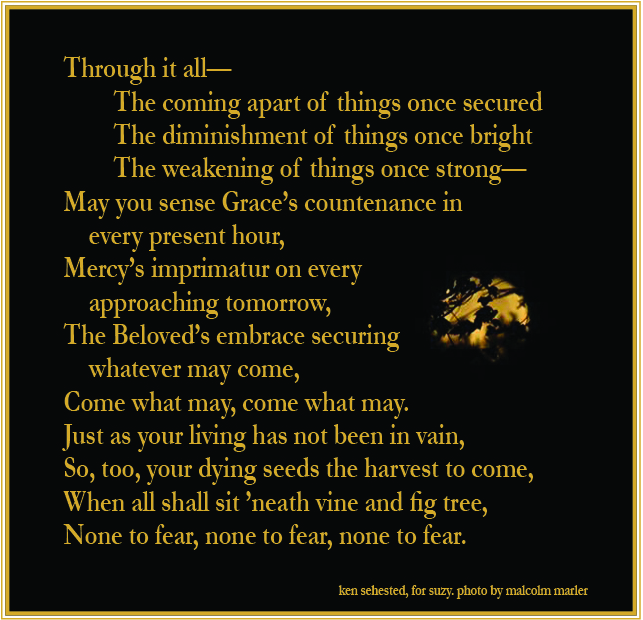 congregation—vigorous, only months ago—was just admitted to hospice care. The poem at right is dedicated to her and her beloved family. Be attentive (without being nosy) to such near you this season.
congregation—vigorous, only months ago—was just admitted to hospice care. The poem at right is dedicated to her and her beloved family. Be attentive (without being nosy) to such near you this season.
¶ Call to the table. “Suddenly all my ancestors are behind me. Be still, they say, watch and listen. You are the result of the love of thousands.” —Linda Hogan
¶ The state of our disunion. “A survey conducted in mid-November by PBS NewsHour, NPR, and Marist found that 35% of women and 9% of men have "experienced sexual harassment or abuse from someone in the workplace." A Quinnipiac University poll, also conducted in mid-November, found that 60% of women have been sexual harassed generally, and 69% of those women said it happened at work; it also found 20% of men have experienced sexual harassment, the majority of which also took place at work.” —“Out of Spotlight and Across Industries, Surveys Reveal Pervasive Sexual Harassment of Women”
¶ Best one-liner. “The best criticism of the bad is the practice of the better.” —Richard Rohr
¶ For the beauty of the earth. Photographer Chad Cowan has driven almost 100,000 miles across the US chasing powerful supercell thunderstorms and recording them in high definition. Cowan has recorded hundreds of storms and condensed the highlights into this short film titled “Fractal.” (3:22 video. Thanks Dick.)
¶ Altar call. “Seek Love in the pity of others’ woe, / In the gentle relief of another’s care, / In the darkness of night and winter’s snow, / In the naked and outcast. Seek Love there!” —William Blake
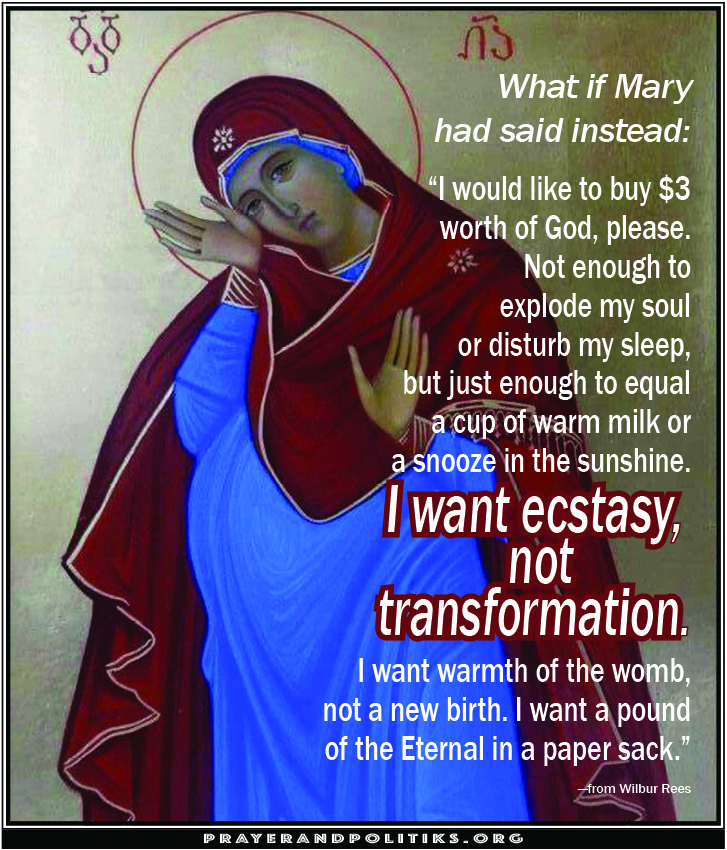
¶ Benediction. “Pay attention. Be astonished. Tell about it.” —Mary Oliver
¶ Recessional. “And we who run from our homes / When the silence of sorrow / Won't leave us alone / And we who are out there this late / Be it heartbreak or highway / Or some altered state / . . . . As long as there are broken hearts and dreams / And all of that highway in between / The waffle house will never close.” —David Wilcox, “Waffle House”
¶ Lectionary for this Sunday. “With a blood moon steep arising, and the sun beyond its set, let watchful eyes and wakened hearts mark midnight hours and cockcrow dawns. / E’vn should earth decay and heaven betray, the Word will prevail over every travail. / Keep awake—though you know neither hour nor day, from hither or yon—for your Comforter surely hastens.” —continue reading “Blood Moon Arising,” a litany for worship inspired by Mark 13:24-37, Joel 2:31, Daniel 7:13, Acts 2:20, Revelation 6:12
¶ Lectionary for Sunday next. “To what wilderness have you strayed, oh people of the Way? To what distraction have you tuned your ears? Have you not heard? To what diversion have you loaned your eyes? Have you not seen? Oh people of Mercy: Sing chords of comfort to worried minds, tender songs to wounded hearts. Raise a song of gladness!” —continue reading “Chords of Comfort,” a litany inspired by Isaiah 40
¶ Just for fun. Take a thrilling ride through the alps with this drone footage. (2:49 video.)
# # #
Featured this week on prayer&politiks
• “Advent & Christmas resources for worship: Litanies, poems, sermons & articles”
• “Blood Moon Arising,” a litany for worship inspired by Mark 13:24-37, Joel 2:31, Daniel 7:13, Acts 2:20, Revelation 6:12
• “The greedification of tax policy is a sign of spiritual impoverishment”
• For more information on the impending tax reform debate in Congress, see the 15 November 2017 special issue of "Signs of the Times" titled "Tax Deform."

©Ken Sehested @ prayerandpolitiks.org. Language not otherwise indicated above is that of the editor, as are those portions cited as “kls.” Don’t let the “copyright” notice keep you from circulating material you find here (and elsewhere in this site). Reprint permission is hereby granted in advance for noncommercial purposes.
Feel free to copy and post any original art on this site. (The ones with “prayer&politiks.org” at the bottom.) As well as other information you find helpful.
Your comments are always welcomed. If you have news, views, notes or quotes to add to the list above, please do. If you like what you read, pass this along to your friends. You can reach me directly at kensehested@prayerandpolitiks.org.


 indication of our spiritual poverty.
indication of our spiritual poverty. basis of public policy has never had more champions. (House Speaker Paul Ryan is a devotee.)
basis of public policy has never had more champions. (House Speaker Paul Ryan is a devotee.) nty.
nty.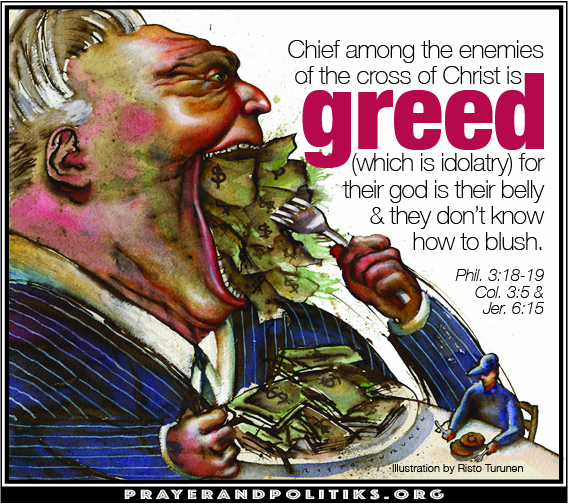 not simply a social, economic or political problem: it is fundamentally a sign of profound spiritual distress and dysfunction. Not to mention an indication of biblical illiteracy.
not simply a social, economic or political problem: it is fundamentally a sign of profound spiritual distress and dysfunction. Not to mention an indication of biblical illiteracy.
 in our galaxy and 10 trillion galaxies in the universe).
in our galaxy and 10 trillion galaxies in the universe). groups said during a press briefing.” —Jessica Corbett, “
groups said during a press briefing.” —Jessica Corbett, “ ulation centers in the North during the Korean War was a blatant war crime.
ulation centers in the North during the Korean War was a blatant war crime. fling barbed zingers at one another with glee. There was none of that this evening. Neither was there saccharine sentiments nor empty platitudes.
fling barbed zingers at one another with glee. There was none of that this evening. Neither was there saccharine sentiments nor empty platitudes. ach day—from Cameroon to Somalia, Djibouti to Libya’.” —
ach day—from Cameroon to Somalia, Djibouti to Libya’.” —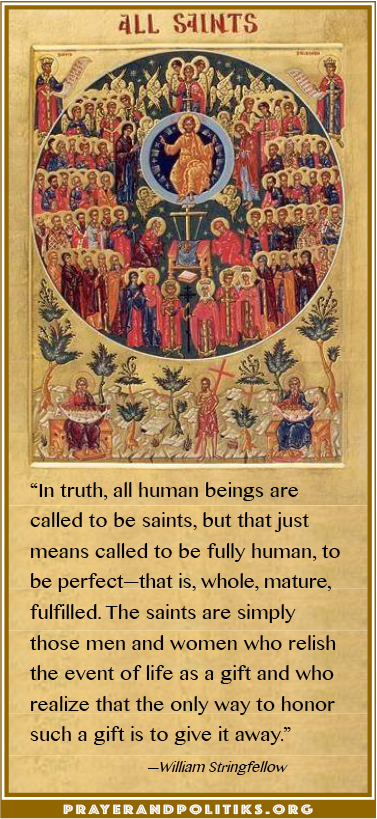 ill have no clue of what being born white means.” —Sport Illustrated (
ill have no clue of what being born white means.” —Sport Illustrated (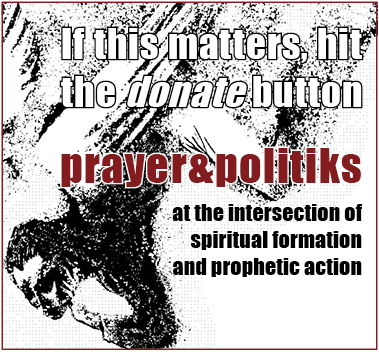

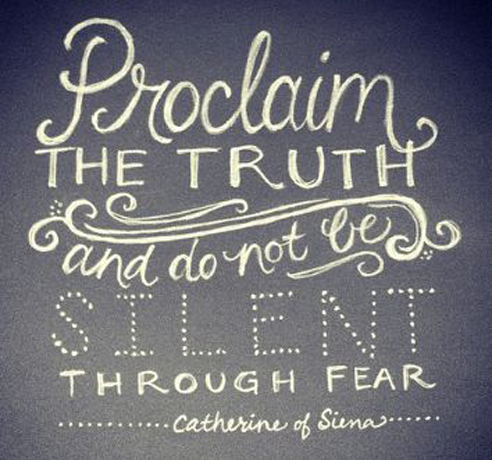 soul’s depth again, the solid earth from which we may rise and love again. Have mercy. Have mercy upon us. Here, there, everywhere. Have mercy. Amen." —Nancy Hastings Sehested
soul’s depth again, the solid earth from which we may rise and love again. Have mercy. Have mercy upon us. Here, there, everywhere. Have mercy. Amen." —Nancy Hastings Sehested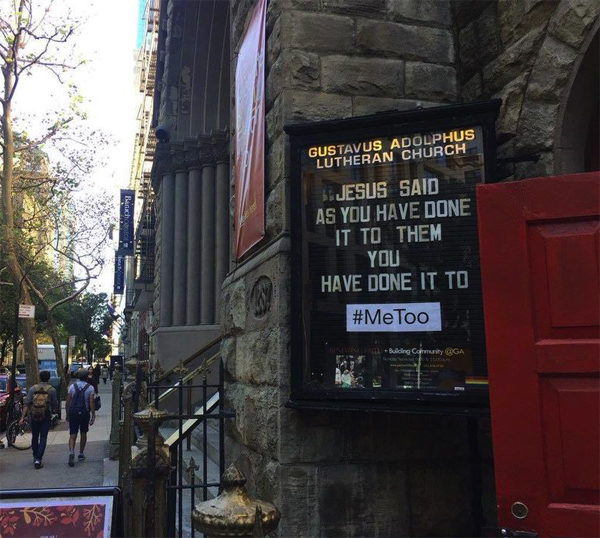 anything in particular, you have to focus. While doing so, though, a larger vision is needed. Connecting the dots (the reason that awkward word, intersectionality, is now employed) is significant, because everything, somewhere, somehow, is connected and interactive.
anything in particular, you have to focus. While doing so, though, a larger vision is needed. Connecting the dots (the reason that awkward word, intersectionality, is now employed) is significant, because everything, somewhere, somehow, is connected and interactive.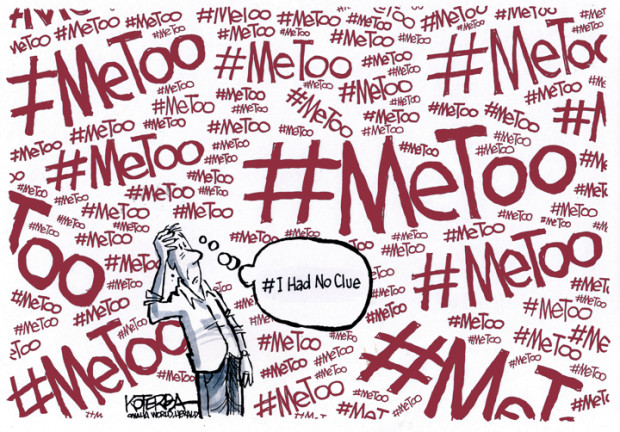 by the
by the  women who speak out about sexism.” —
women who speak out about sexism.” —
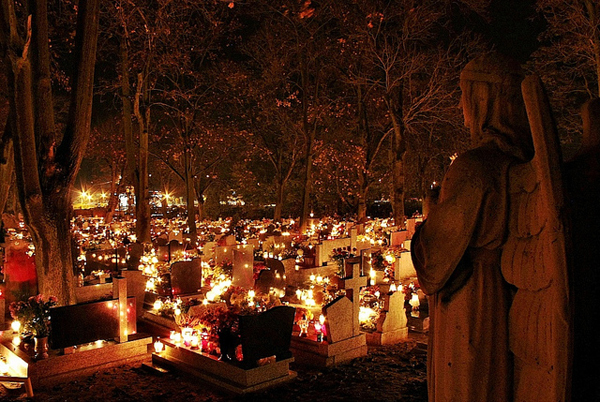 one of whose projects is documenting more than 4,000 lynchings in the US, most of them African Americans. A memorial to these will open in the spring of 2018 in Montgomery, Alabama.
one of whose projects is documenting more than 4,000 lynchings in the US, most of them African Americans. A memorial to these will open in the spring of 2018 in Montgomery, Alabama.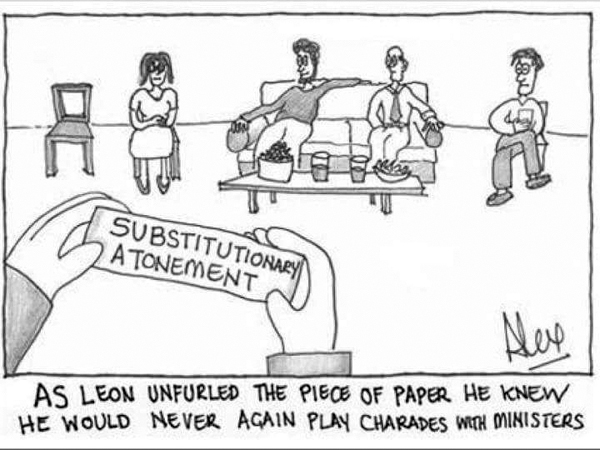 overlooked fact about singing hymns of hope and confidence: By and large the authoring was done in the face of trauma and risk—which the American Samoan firefighting crew calls to mind, when your vocation requires going into harm’s way. When expressions of piety occur outside such a context, their meaning often changes. They have a tendency to become self-centered assertions of privilege.
overlooked fact about singing hymns of hope and confidence: By and large the authoring was done in the face of trauma and risk—which the American Samoan firefighting crew calls to mind, when your vocation requires going into harm’s way. When expressions of piety occur outside such a context, their meaning often changes. They have a tendency to become self-centered assertions of privilege. for worship
for worship 
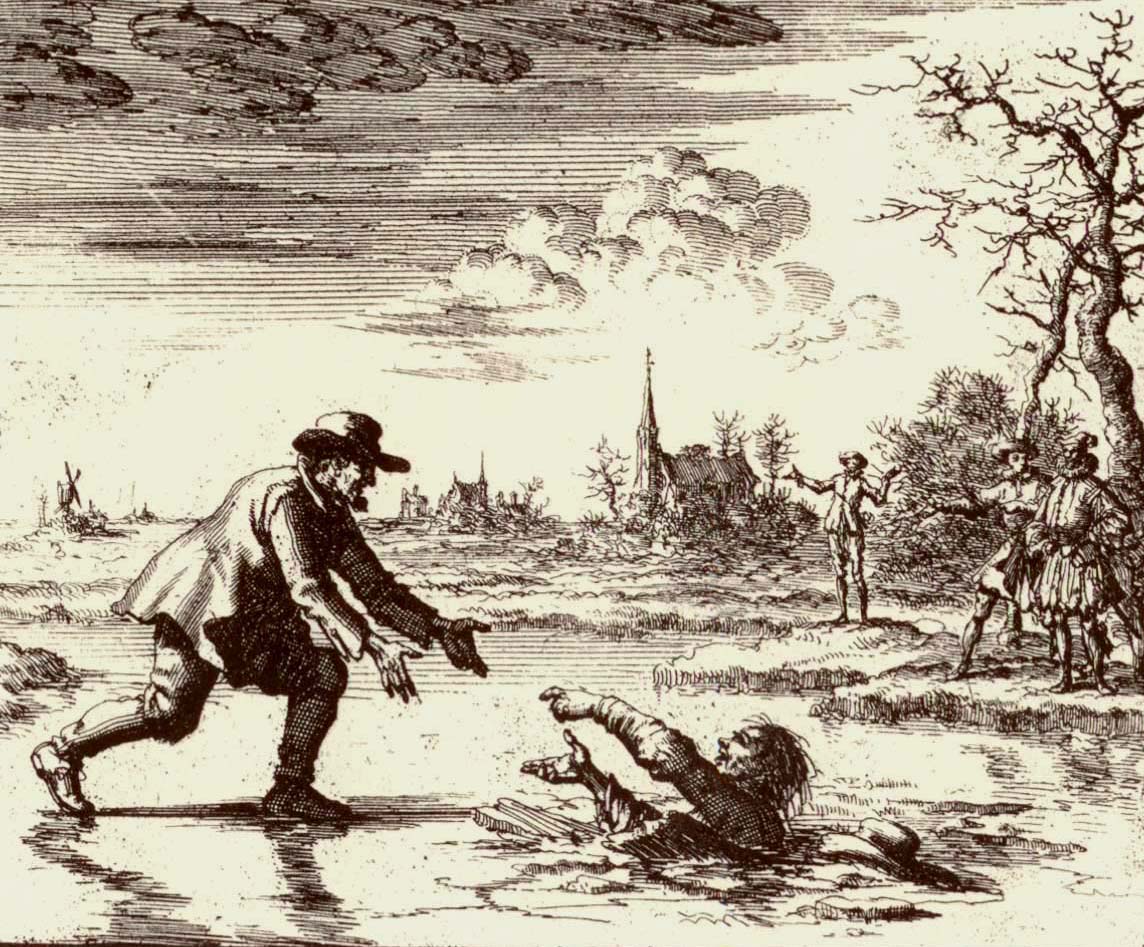 work of every generous hand
work of every generous hand “Radical” Reformation, a diverse collection of movements commonly designated as Anabaptists, who were very nearly killed off (by Reformation and Roman Catholic authorities) after a generation. The bodies known now as Mennonites, Brethren, Amish, etc., are among the Anabaptist heirs.
“Radical” Reformation, a diverse collection of movements commonly designated as Anabaptists, who were very nearly killed off (by Reformation and Roman Catholic authorities) after a generation. The bodies known now as Mennonites, Brethren, Amish, etc., are among the Anabaptist heirs. Jesus vine and, through the ages, billions of branches, because we . . . are the branches Jesus is referring to.” —Rev. Mari Larson, “
Jesus vine and, through the ages, billions of branches, because we . . . are the branches Jesus is referring to.” —Rev. Mari Larson, “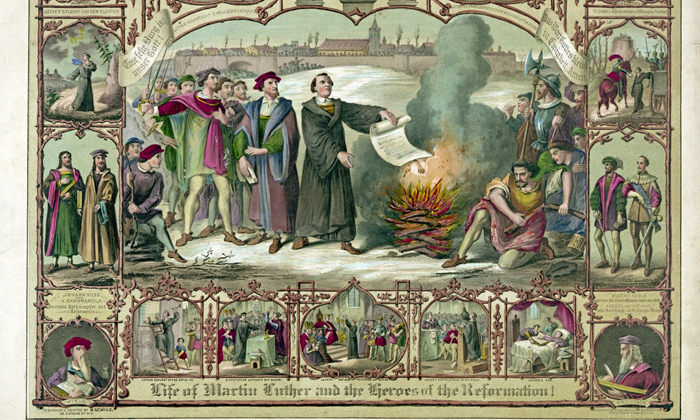 we do not despair / before the enemy sues for our life. / Kyrioleis.” —lyrics to Martin Luther’s Pentecost hymn “Come, Holy Ghost, God and Lord”
we do not despair / before the enemy sues for our life. / Kyrioleis.” —lyrics to Martin Luther’s Pentecost hymn “Come, Holy Ghost, God and Lord”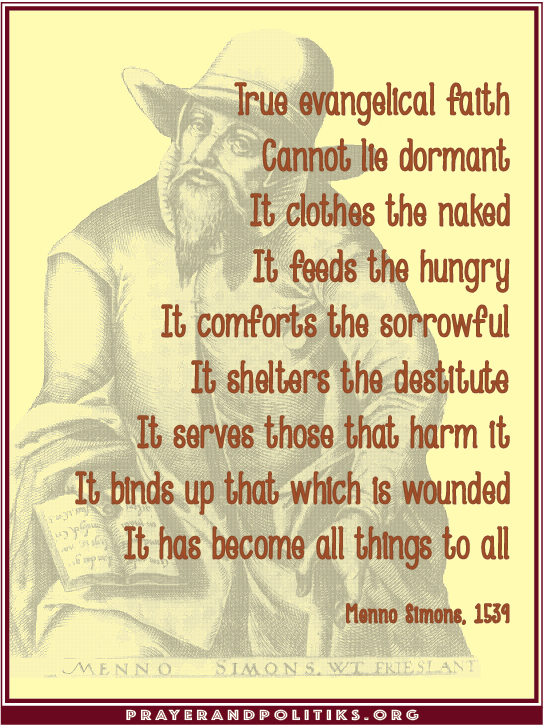 • “You are not only responsible for what you say, but also for what you do not say.”
• “You are not only responsible for what you say, but also for what you do not say.”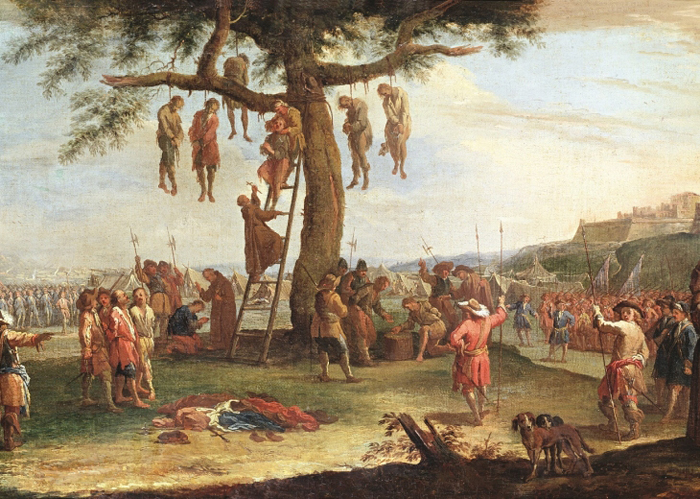 Christianity Today.
Christianity Today. ong character in all our citizens, especially our young people," Trump said. —
ong character in all our citizens, especially our young people," Trump said. — it when it is wavering, strengthen it when it is weak, and raise it up when it is overthrown.” —John Calvin
it when it is wavering, strengthen it when it is weak, and raise it up when it is overthrown.” —John Calvin to the predestined queue. After several moments an angel asks him, “Why are you in this line?” He replies, “Because I chose it.” The angel looked surprised, “Well, if you ‘chose’ it, then you should be in the free will line.” So our Calvinist, now slightly miffed, obediently wanders over to the free will line. Again, after a few minutes, another angel asks him, “Why are you in this line?” He sullenly replies, “Someone made me come here.”
to the predestined queue. After several moments an angel asks him, “Why are you in this line?” He replies, “Because I chose it.” The angel looked surprised, “Well, if you ‘chose’ it, then you should be in the free will line.” So our Calvinist, now slightly miffed, obediently wanders over to the free will line. Again, after a few minutes, another angel asks him, “Why are you in this line?” He sullenly replies, “Someone made me come here.”